In the intricate web of healthcare, certain threads stand out as indispensable. The role of Physiotherapy in healthcare, is one such thread, weaving its way through diverse conditions and populations, offering relief and restoration where it is needed most. As we delve into the physiotherapy landscape, we'll uncover which areas require its services the most …
In the intricate web of healthcare, certain threads stand out as indispensable. The role of Physiotherapy in healthcare, is one such thread, weaving its way through diverse conditions and populations, offering relief and restoration where it is needed most. As we delve into the physiotherapy landscape, we’ll uncover which areas require its services the most and explore why these areas are vital grounds for physiotherapeutic interventions.
Embracing a Holistic Role of Physiotherapy in Healthcare
The role of physiotherapy in healthcare is the most important part of the healthcare industry, Physiotherapy is not merely a treatment, it is a philosophy—a holistic approach that aims to restore movement and function while enhancing overall well-being. Unlike a quick-fix remedy, physiotherapy delves into the root causes of dysfunction, addressing mobility issues, pain management, and rehabilitation with a comprehensive strategy.

Demystifying the Vital Areas for Physiotherapy
Orthopedic Rehabilitation: Orthopedic conditions represent a vast spectrum of issues ranging from fractures and joint replacements to musculoskeletal injuries. These conditions often lead to restricted mobility, chronic pain, and functional limitations, affecting individuals’ ability to perform daily activities and maintain independence. Physiotherapy in orthopedic rehabilitation is essential as it targets specific exercises, manual therapies, and educational interventions. These strategies not only aid in restoring mobility and reducing pain but also promote tissue healing, improve joint range of motion, and prevent secondary complications such as muscle atrophy and joint stiffness. Without comprehensive physiotherapy, orthopedic patients may face prolonged recovery times, increased risk of re-injury, and decreased overall functional outcomes.
Neurological Disorders: Neurological disorders encompass a wide range of conditions, including stroke, Parkinson’s disease, multiple sclerosis, and spinal cord injuries. These disorders often result in motor impairments, balance disturbances, sensory deficits, and cognitive challenges, significantly impacting individuals’ quality of life and functional independence. Physiotherapy plays a pivotal role in neurological rehabilitation by employing specialized techniques such as neurodevelopmental therapy, balance training, gait retraining, and functional electrical stimulation. These interventions are tailored to address specific neurological deficits, promote neuroplasticity, and facilitate motor relearning. Without timely and targeted physiotherapy interventions, individuals with neurological disorders may experience persistent functional limitations, increased dependency on caregivers, and reduced participation in meaningful activities, affecting their overall well-being and social integration.
Sports Injuries and Performance Enhancement: Athletes are prone to a variety of sports-related injuries, including ligament tears, muscle strains, tendinitis, and stress fractures. These injuries not only sideline athletes but also impact their athletic performance, career longevity, and mental well-being. Physiotherapy plays a crucial role in sports medicine by providing comprehensive injury rehabilitation, pain management, and performance enhancement strategies. Physiotherapists design customized rehabilitation programs that include progressive exercises, manual therapies, modalities like cryotherapy and ultrasound, as well as biomechanical assessments and sports-specific training. These interventions not only promote tissue healing and functional recovery but also address biomechanical imbalances, muscle weaknesses, and movement dysfunctions that contribute to injury recurrence. Without appropriate physiotherapy interventions, athletes may experience prolonged recovery periods, decreased athletic performance, and heightened risk of future injuries, impacting their competitive edge and overall sports career trajectory.
Chronic Pain Management: Chronic pain is a complex and debilitating condition that affects millions of individuals worldwide, often stemming from conditions such as osteoarthritis, rheumatoid arthritis, fibromyalgia, and spinal disorders. Chronic pain can significantly impact physical function, emotional well-being, social interactions, and overall quality of life. Physiotherapy plays a crucial role in chronic pain management by offering a multidisciplinary approach that includes therapeutic exercises, manual therapy techniques (such as mobilizations and manipulations), modalities like heat and cold therapy, electrotherapy (such as TENS), and patient education on pain neuroscience and self-management strategies. These interventions aim to reduce pain intensity, improve physical function, restore movement patterns, enhance muscle strength and endurance, and promote psychological well-being through strategies like graded exposure and cognitive-behavioral interventions. Without comprehensive physiotherapy interventions, individuals with chronic pain may experience prolonged disability, reliance on pharmacological interventions, decreased participation in daily activities, and reduced overall quality of life.
Pediatric Physiotherapy: Children with developmental delays, congenital conditions (such as cerebral palsy or spina bifida), neurological disorders, orthopedic injuries, and neuromuscular conditions benefit significantly from early intervention through pediatric physiotherapy. Early identification and targeted interventions in childhood can have profound impacts on children’s motor development, functional abilities, social interactions, and overall independence. Pediatric physiotherapists utilize age-appropriate techniques, play-based activities, therapeutic exercises, sensory integration approaches, and parental education to address developmental milestones, improve motor skills, enhance coordination and balance, promote independence in self-care tasks, and optimize overall physical function. Without timely and specialized physiotherapy interventions, children may experience delays in motor development, reduced participation in recreational and educational activities, challenges in social integration, and limitations in achieving their full potential.

Cardiopulmonary Rehabilitation: Patients recovering from cardiac events such as heart attacks, heart surgeries, or respiratory conditions like chronic obstructive pulmonary disease (COPD) require comprehensive rehabilitation to improve cardiovascular and pulmonary function. Physiotherapy interventions in cardiopulmonary rehabilitation focus on aerobic conditioning, breathing exercises, strength training, and education on lifestyle modifications. These interventions help in improving exercise tolerance, lung capacity, heart function, and overall fitness levels. Without cardiopulmonary rehabilitation through physiotherapy, patients may experience reduced physical endurance, increased risk of cardiovascular events, and compromised respiratory function, leading to decreased quality of life and functional independence.
Geriatric Care: Aging is often associated with musculoskeletal changes, decreased balance, mobility limitations, and increased risk of falls. Geriatric physiotherapy aims to address these age-related challenges and promote healthy aging. Physiotherapists develop personalized exercise programs that focus on improving strength, balance, flexibility, and mobility in older adults. These programs also include fall prevention strategies, home safety assessments, and education on adaptive equipment. Without specialized geriatric care through physiotherapy, older adults may face difficulties in performing daily activities, experience falls and related injuries, and have a higher risk of nursing home placement, affecting their independence and overall quality of life.
Women’s Health: Women experience unique musculoskeletal and pelvic health issues related to pregnancy, childbirth, menopause, and pelvic floor dysfunction. Physiotherapy in women’s health addresses these concerns through pelvic floor rehabilitation, prenatal and postnatal exercises, bladder training, and manual therapies. These interventions help in managing conditions like urinary incontinence, pelvic organ prolapse, diastasis recti, and musculoskeletal pain associated with pregnancy. Without specialized physiotherapy in women’s health, women may suffer from persistent pelvic floor issues, urinary dysfunction, and musculoskeletal discomfort, impacting their daily activities, self-esteem, and overall quality of life.
Why These Areas Matter Most for Physiotherapy
The significance of these areas for physiotherapy stems from the profound impact they have on individuals’ lives and society. Orthopedic rehabilitation ensures that individuals regain mobility and independence, reducing the burden on caregivers and healthcare systems. Neurological disorders, when managed effectively through physiotherapy, empower patients to navigate daily challenges with greater ease and confidence.

In the realm of sports, physiotherapy not only aids in recovery but also contributes to injury prevention, fostering long-term athletic success. Chronic pain management is crucial for improving quality of life and reducing reliance on pain medications, addressing a growing concern in healthcare.
Lastly, pediatric physiotherapy lays the foundation for children’s future well-being, fostering optimal growth and development. Investing in these vital areas of physiotherapy yields not only individual benefits but also societal gains in terms of productivity, reduced healthcare costs, and enhanced overall health outcomes.
Physiotherapy’s impact transcends mere rehabilitation—it’s a beacon of hope and empowerment for individuals facing diverse health challenges. By recognizing and prioritizing the crucial areas where physiotherapy is most needed, we pave the way for a healthier, more resilient society. From orthopedic recovery to pediatric development, physiotherapy continues to weave its transformative magic, enriching lives and shaping a brighter future.






